Our Members Asked:
Do any supplements help with fatty liver disease? Are some diets more beneficial than others?
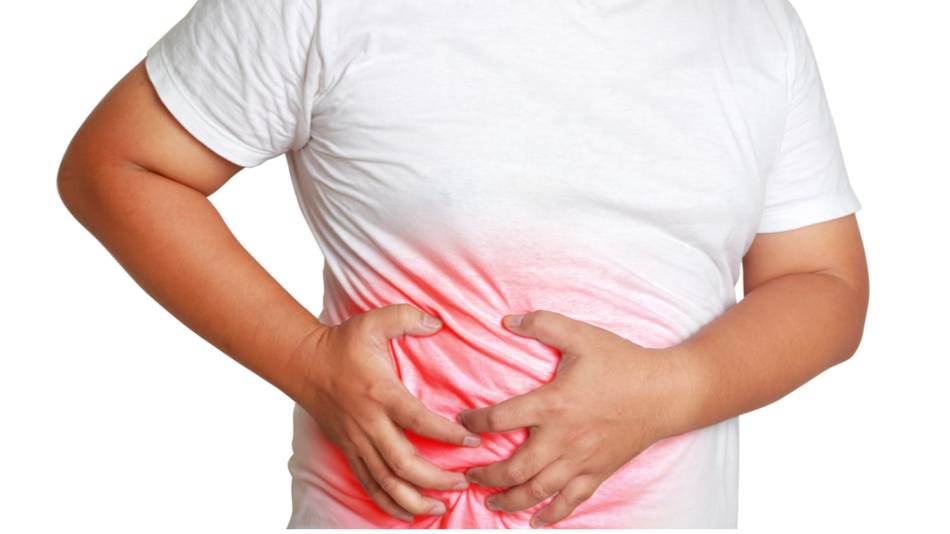
Answer:
Fatty liver disease (steatosis) is a condition in which extra fat is stored in the liver. The cause of one type of fatty liver disease, known as metabolic dysfunction-associated steatotic liver disease or MASLD (previously called nonalcoholic fatty liver disease or NAFLD), is unknown, but factors such as obesity, diabetes, or metabolic syndrome can increase the risk. MASLD can be subdivided into steatotic liver disease (steatosis with no enlargement of liver cells) and metabolic dysfunction-associated steatohepatitis or MASH (steatosis with enlargement of liver cells).
MASLD may not cause serious problems, but it can lead to liver damage in some people. Fortunately, the condition can often be prevented or reversed with lifestyle changes such as dieting, exercising, and losing weight. Certain supplements, including vitamin E, delta-tocotrienol, vitamin C, fish oil, silymarin from milk thistle, curcumin, choline, vitamin D, reishi, a product called Glucevia, alpha-lipoic acid, SAMe (S-adenosyl-methionine), bergamot, berberine, spirulina, TUDCA, brown seaweed, L-citrulline, pentadecanoic acid (C15:0), quercetin, and propolis, as well as foods such as probiotic yogurt, coffee, and extra virgin olive oil, have also been investigated.
Sign in to find out which, if any, of these supplements are safe and beneficial for fatty liver disease, which dietary considerations are considered most important for people with fatty liver disease, and which diet — the Mediterranean diet, ketogenic diet, DASH diet, or fasting diets — appears to have greatest evidence of benefit for fatty liver disease.
Join today to unlock all member benefits including full access to all CL Answers and over 1,400 reviews.
Join NowAlready a member? Sign In Here.
Join now at www.consumerlab.com/join/

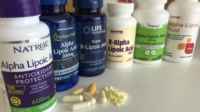
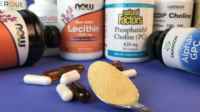
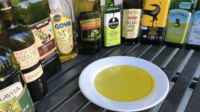
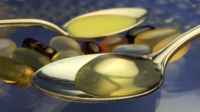
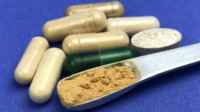

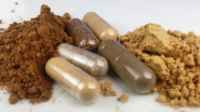
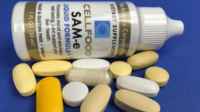
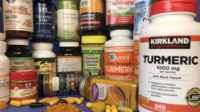
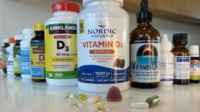
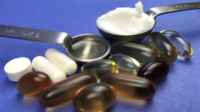





Submit your comment
This feature is restricted to active members.
Join now to add comments and get all member benefits, including over 1,400 reviews.
Join NowAlready a member? Sign in here.